Biotech
9 of the best medical advances in history
Medicine is an ever-evolving field and thankfully new breakthroughs are being made all the time that are making our lifes more secure and comfortable.

Without many of the medical discoveries and inventions, few of us would be alive today.
Thanks to medicine, many illnesses and diseases have been eliminated, new babies have been born and sicknesses that used to be serious are now relatively mild.
These are the most important medical breakthroughs that have forever changed our lives:
In Vitro Fertilization
This medical advancement has permanently altered the landscape of reproductive medicine in the late 1970s. That was when British physiologist Robert G. Edwards developed the method by which eggs are fertilized by sperm inside a laboratory and subsequently transferred to a woman’s uterus. As a result, he helped thousands of infertile individuals conceive children successfully.
Anesthetics
One of the first anaesthetics to be used during surgery was ‘ether’. In 1846, American dentist William T. G.Morton demonstrated that the pain and shock of medical operations and procedures could be lessened or even prevented with the inhalation of this organic compound. This has certainly helped for other drugs and anaesthetics to be developed and made easier the jobs of surgeons everywhere.
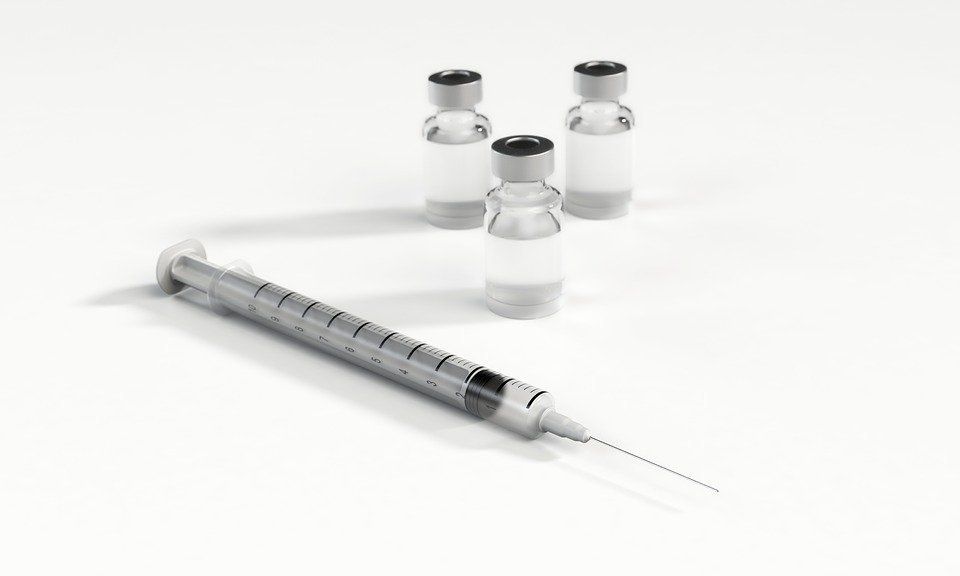
An anaesthetic is a drug known to prevent pain during surgery. (Source)
Painkillers
In the 1800s, two of the most important analgesics were introduced to the word: morphine and aspirin. Since then the painkilling properties of the naturally occurring chemical compound known as morphine have lessened the suffering of an immeasurable number of human beings and have led to the development of many other analgesics. Meanwhile, German chemist Felix Hoffman’s synthesis of acetylsalicylic acid into aspirin for medical purposes has turned the drug into one of the planet’s most popular medication for pain relief.
X-rays
Thanks to the late 19th century studies conducted by German physicist Wilhelm Roentgen on the x-ray, we have tools to look inside the human body. These energy forms have helped us discover and properly diagnose injuries and ailments that could otherwise be missed by external inspection. The x-ray also paved the way for advances in imaging technologies as well as progress in clinical studies and medical science.
DNA
Though DNA was isolated in the 19th century, its helix structure was only accurately identified in the middle of the next century. These cellular molecules are now known to carry our genetic code which allows all living organisms to exist, develop and procreate. The discovery of deoxyribonucleic acid has since led to the development of gene therapy and opened doors to fields such as forensic science, biotechnology and more.
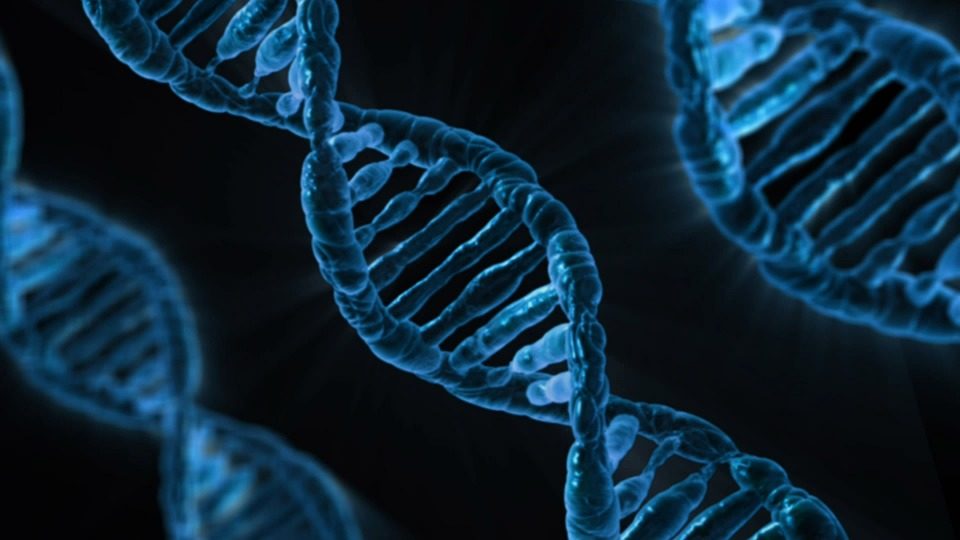
The deoxyribonucleic acid (DNA), is the hereditary material in humans. (Source)
Insulin
In the early 1920s, Canadian medical scientist Sir Frederick Banting along with medical student Charles Best identified the hormone insulin. Their experiments eventually led to a successful treatment for people suffering from the disorder in which the pancreas cannot properly regulate the body’s blood sugar levels known as diabetes. Though not a cure, insulin has enabled many diabetics to live longer and less complicated lives without fear of early death.
Germ theory and antiseptics
The way we live and understand disease was completely changed with the confirmation of the germ theory in the late 19th century. With the knowledge that many diseases were brought about by microorganisms, we realized the importance of proper hygiene and cleanliness. From this arose the creation of antiseptics which were substances created to fight off microbes and the development of sanitation techniques for surgical procedures, drinking water, and waste removal.
Antibiotics
In 1928, the Scotish biologist and pharmacologist sir Alexander Fleming accidentally discovered the bacteria killing properties of penicillin. This paved the way for the development of one of the most important treatments against bacterial infections-antibiotics. Throughout the years these drugs have saved the lives of countless people who would have otherwise died from diseases like syphilis or be afflicted by microbial infections.
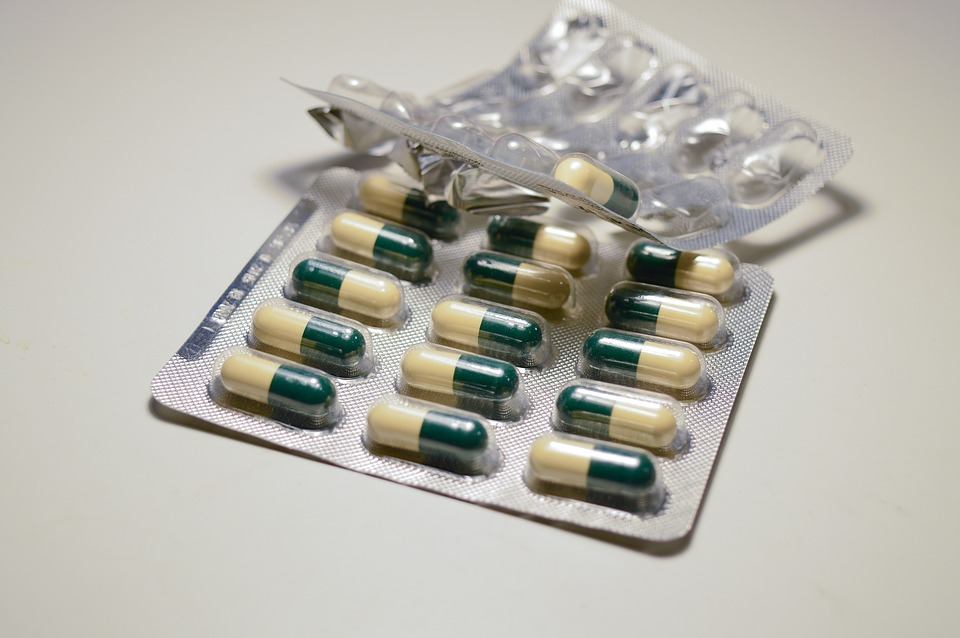
Antibiotic is an antimicrobial drug used in the treatment and prevention of bacterial infections. (Source)
Vaccines
This late 18th-century discovery by English physician and scientist Edward Jenner led to the vaccine for smallpox. The fields of science and medicine were revolutionized by his work which forever changed the way we approach the prevention and reduction of disease. Since then, vaccinations have been used to protect humans against many other infectious diseases such as rabies, polio, measles, mumps, and influenza.

-

 Markets6 days ago
Markets6 days agoCotton Market Weakens Amid Demand Concerns and Bearish Trends
-
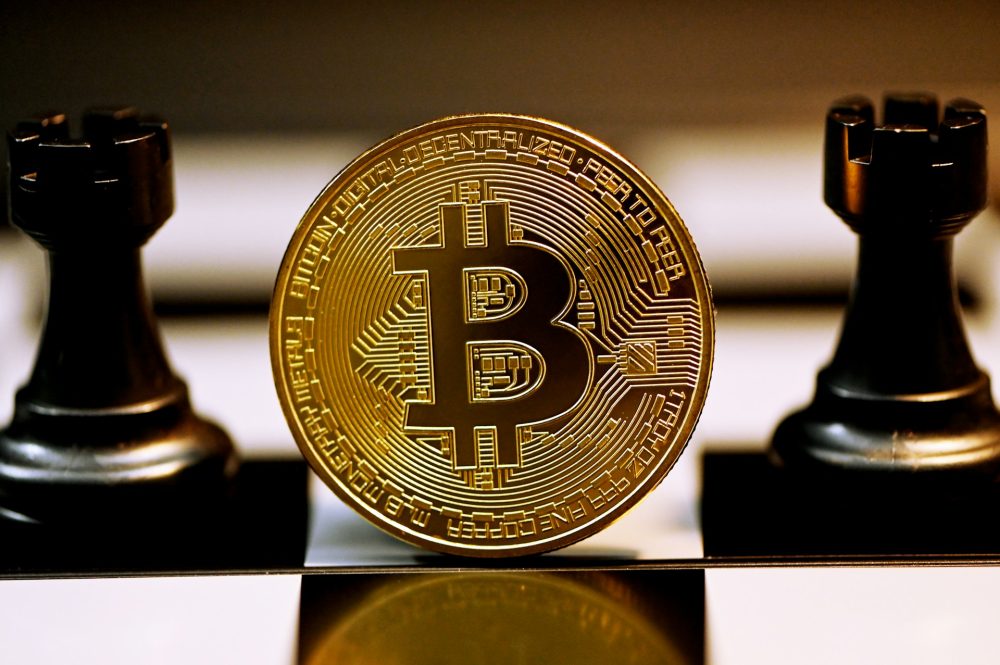
 Crypto2 weeks ago
Crypto2 weeks agoIs Strategy’s Bitcoin Bet Becoming a Dangerous House of Cards?
-

 Fintech4 days ago
Fintech4 days agoFintech Alliances and AI Expand Small-Business Lending Worldwide
-

 Crowdfunding2 weeks ago
Crowdfunding2 weeks agoSpain’s Real Estate Crowdfunding Boom: Opportunity, Access, and Hidden Risks


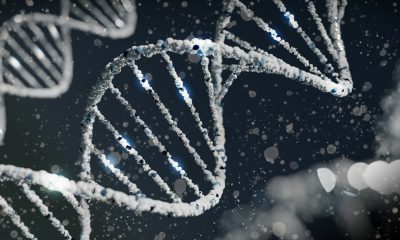





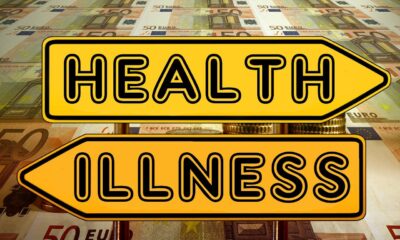

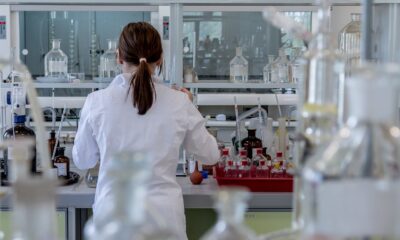













You must be logged in to post a comment Login